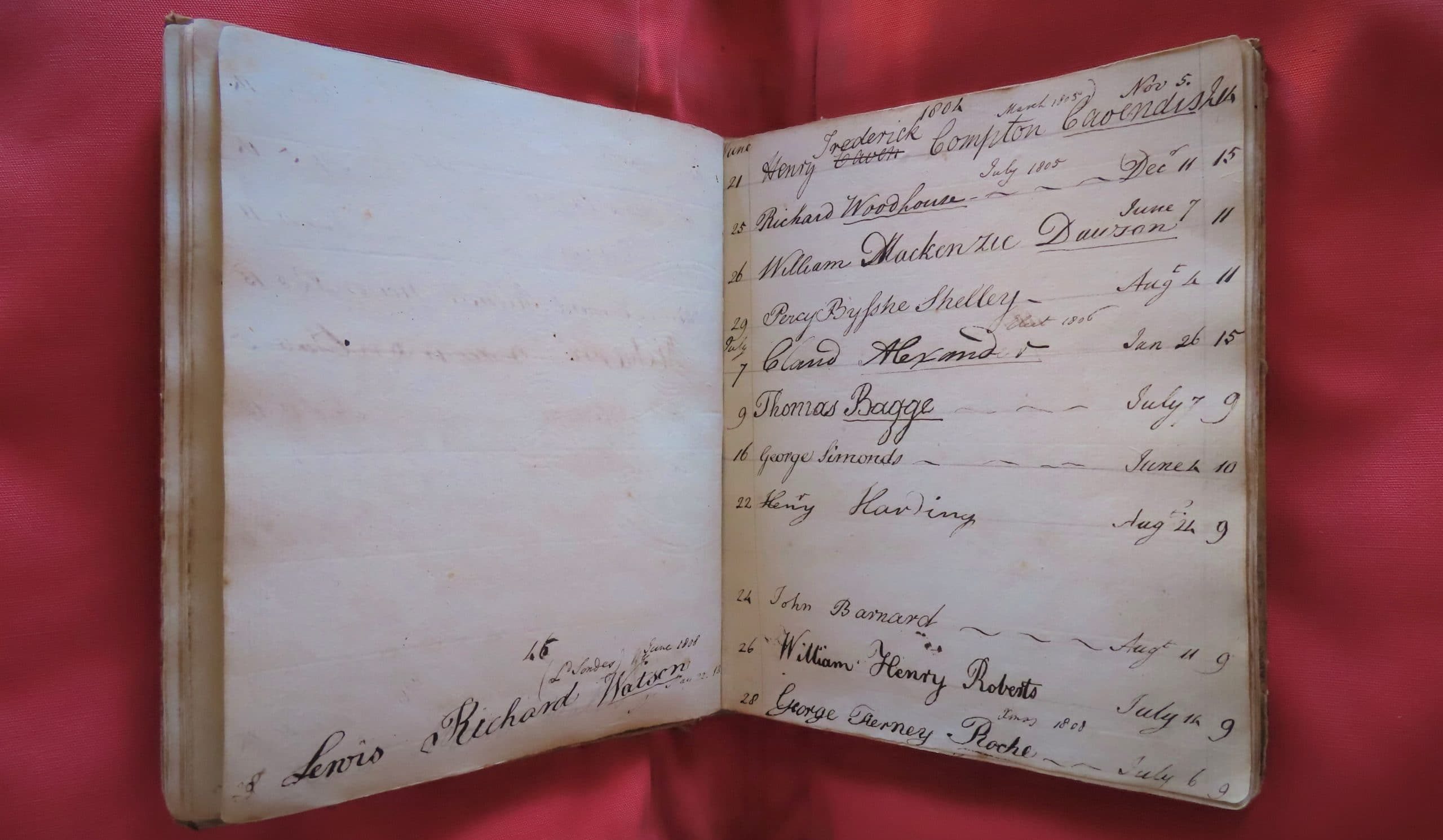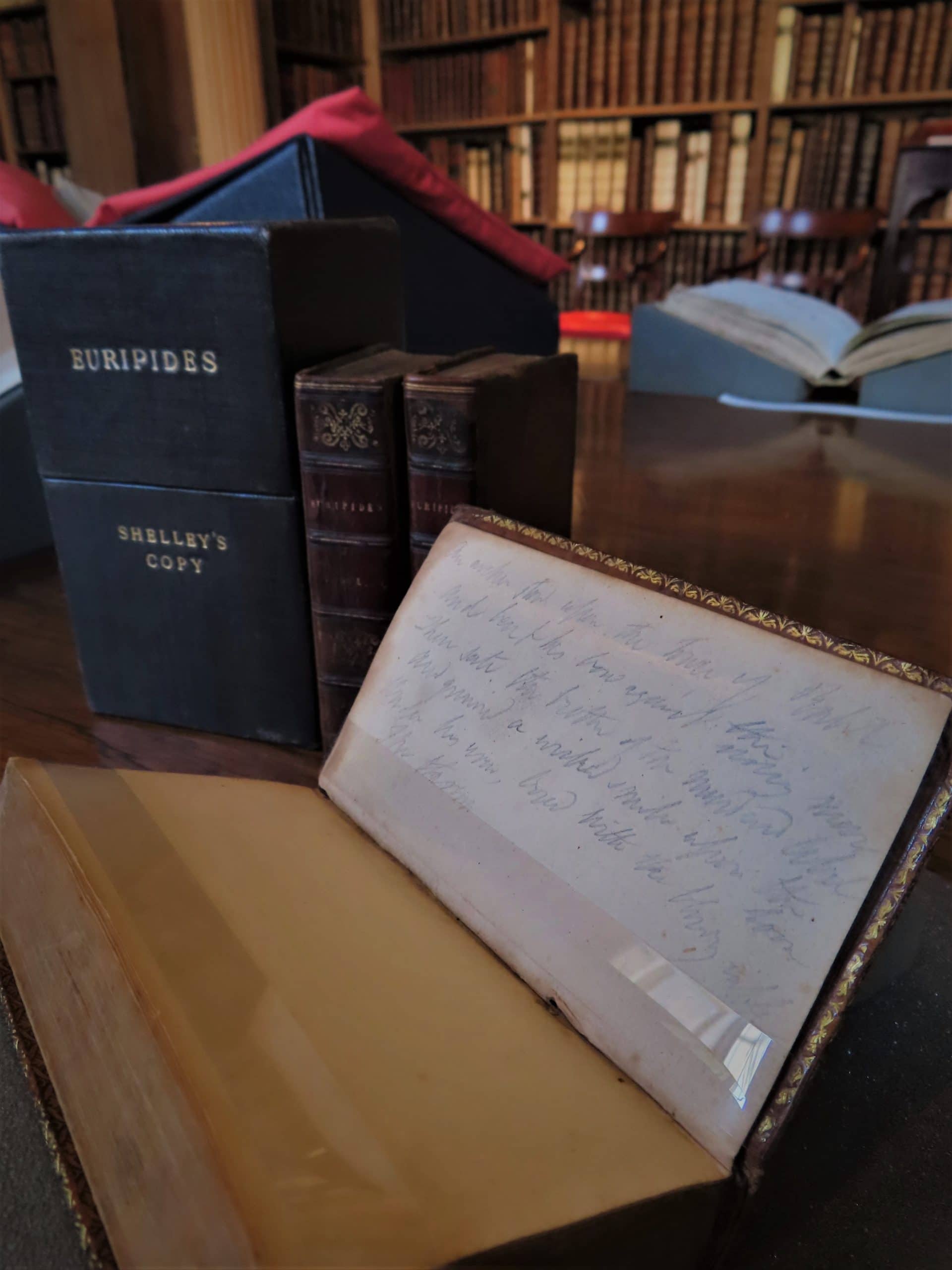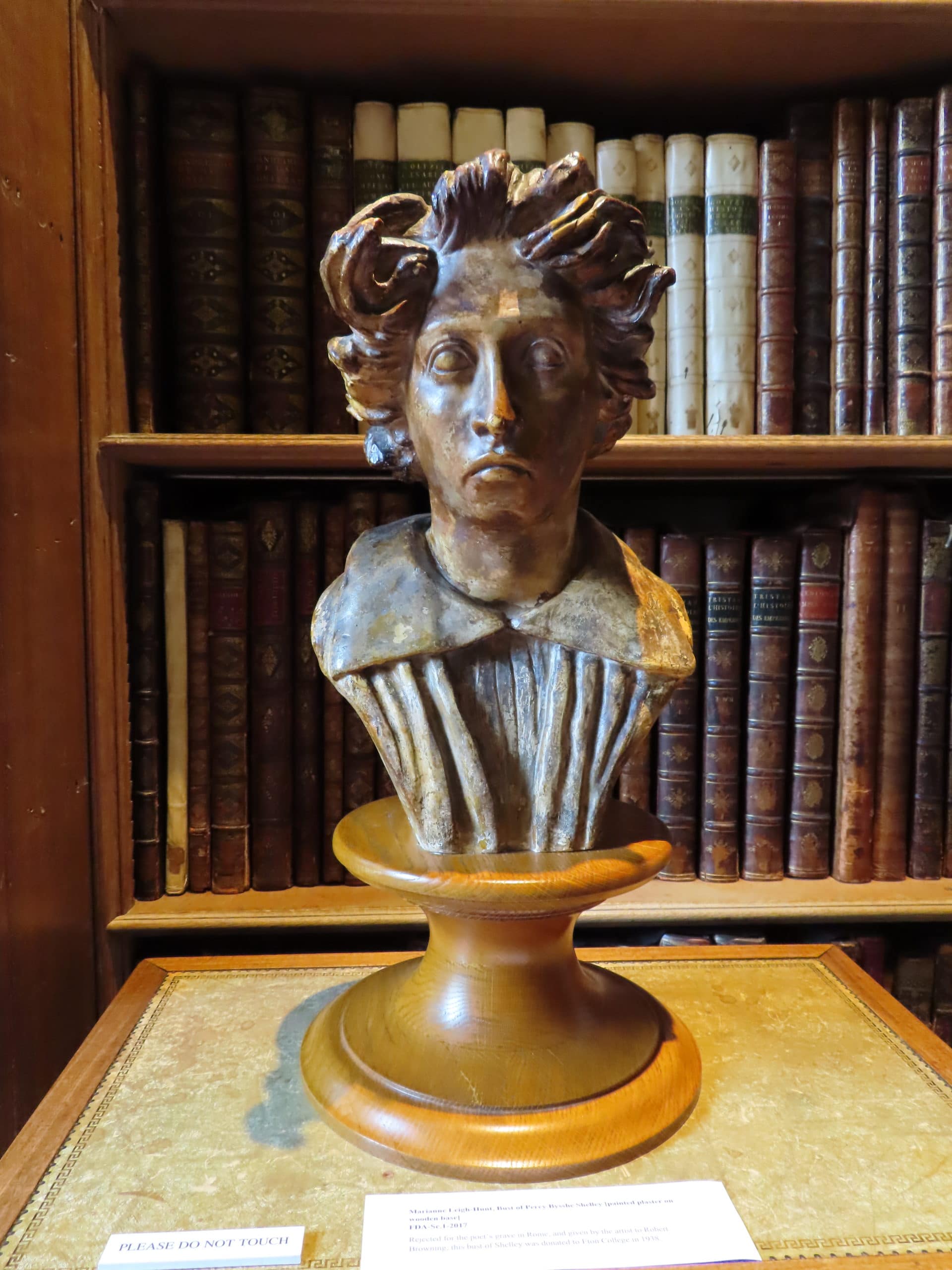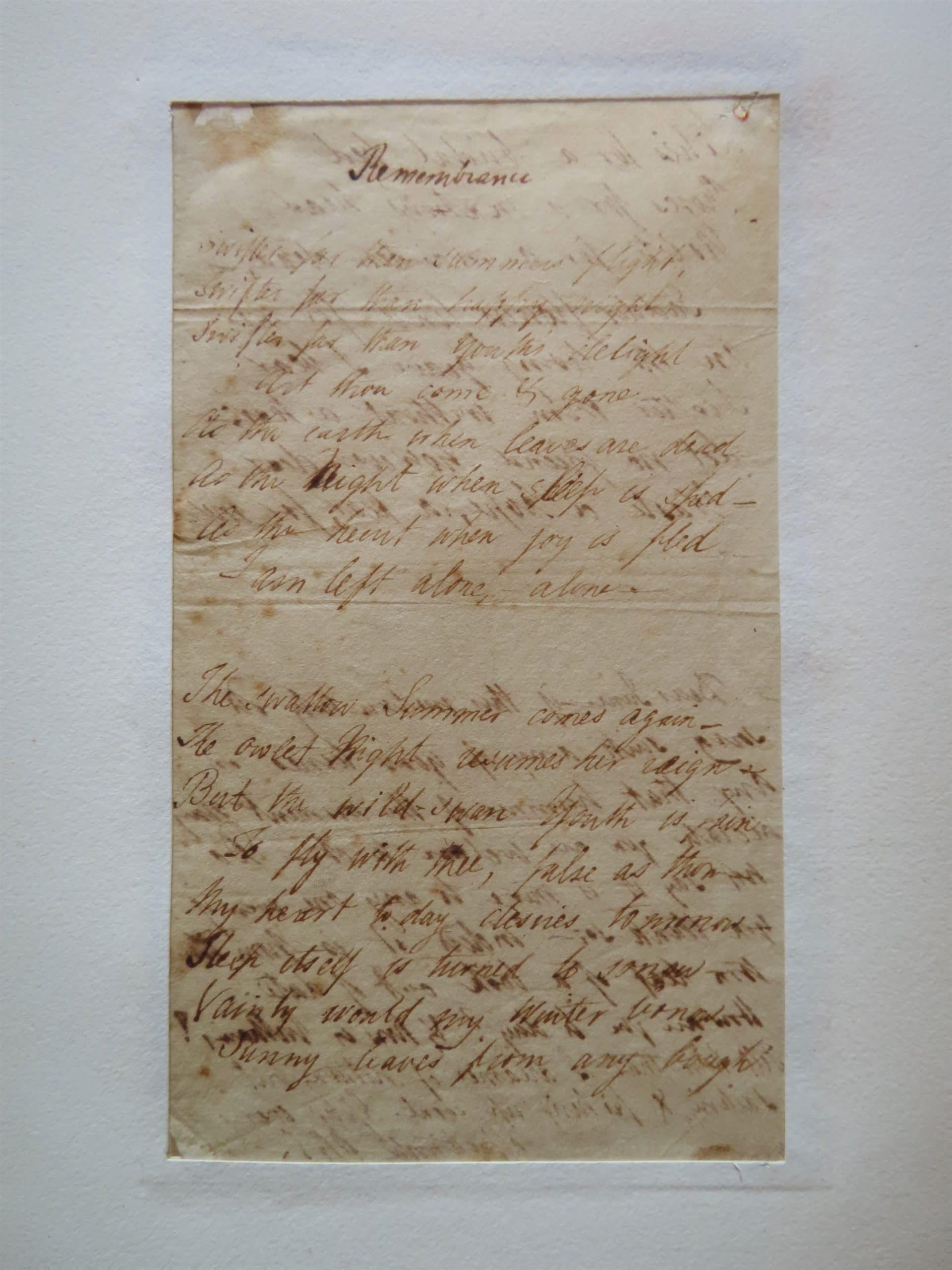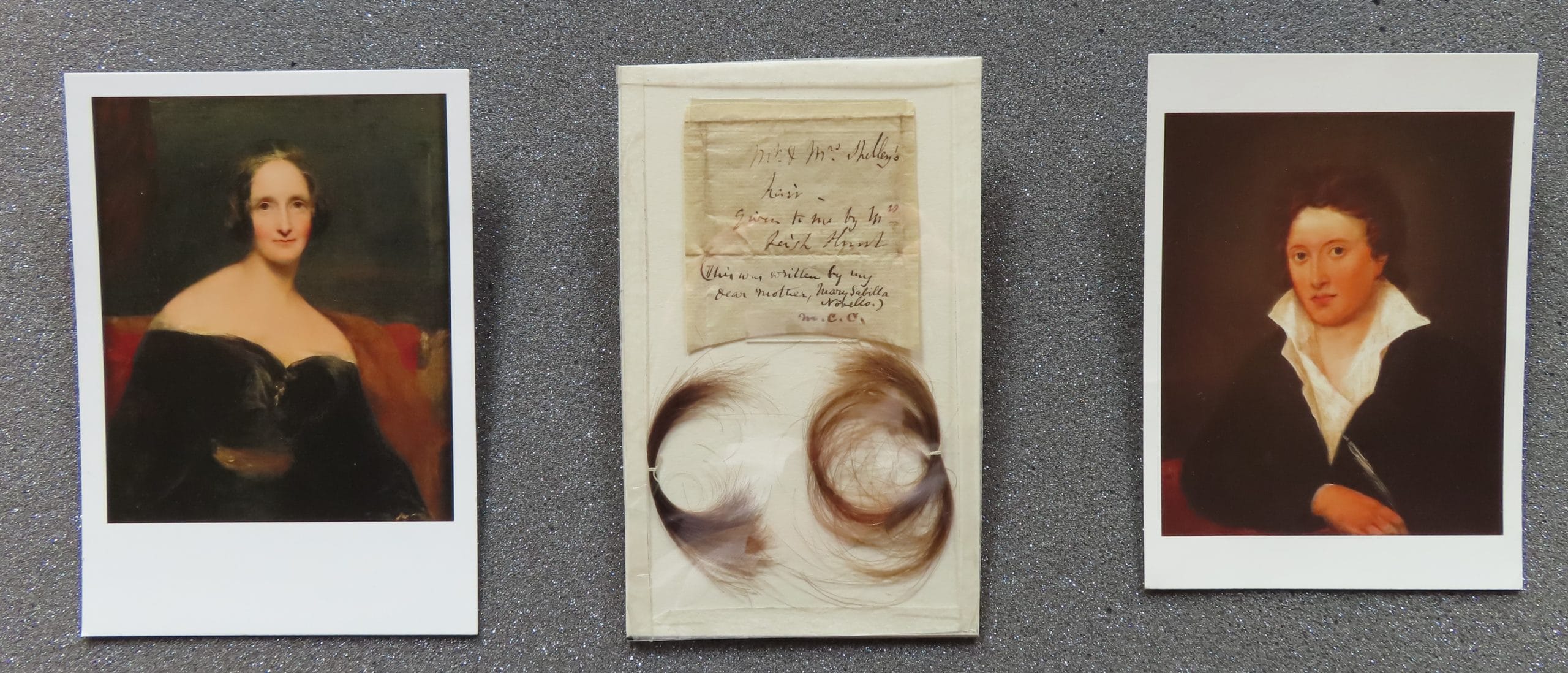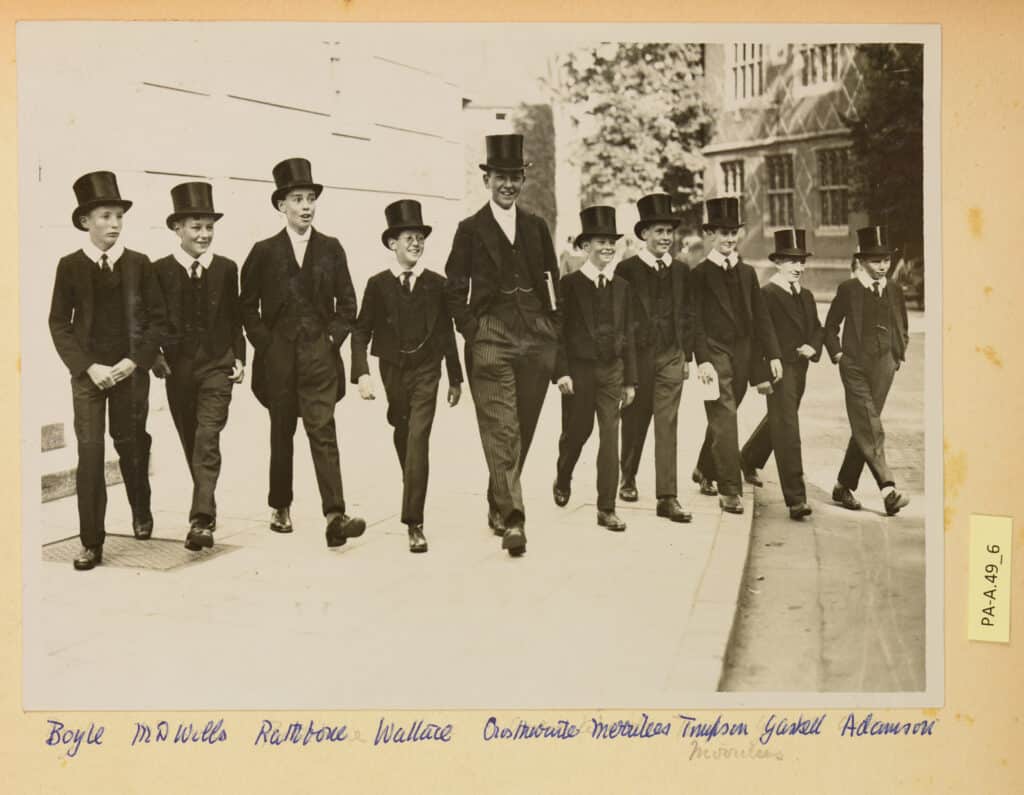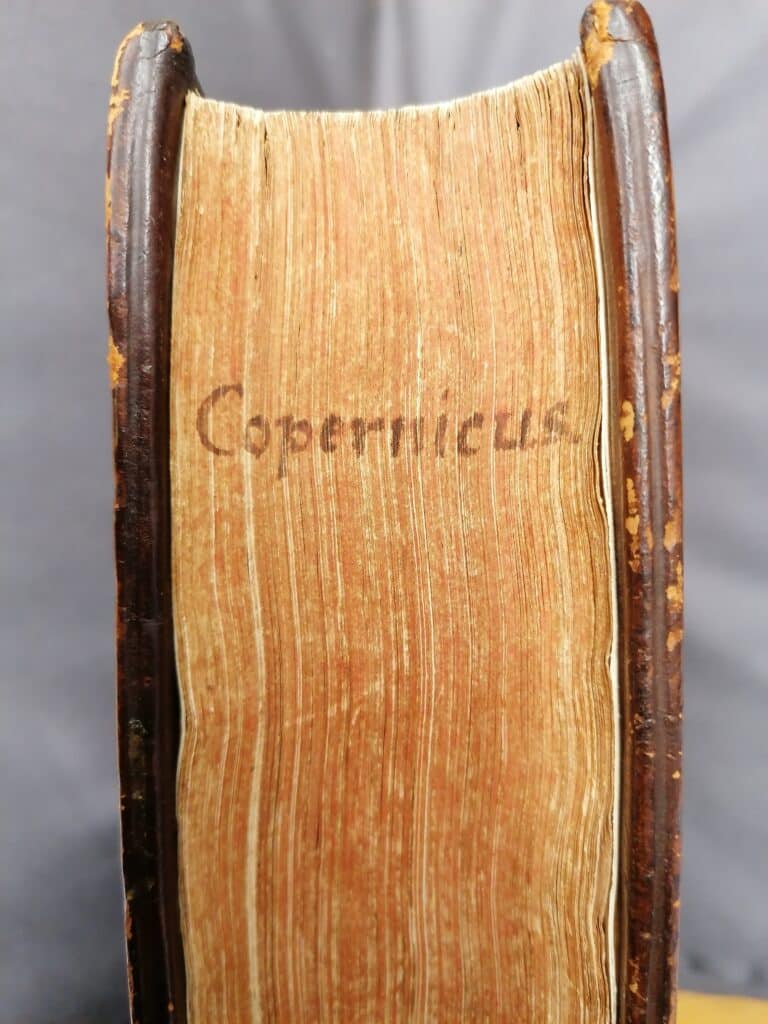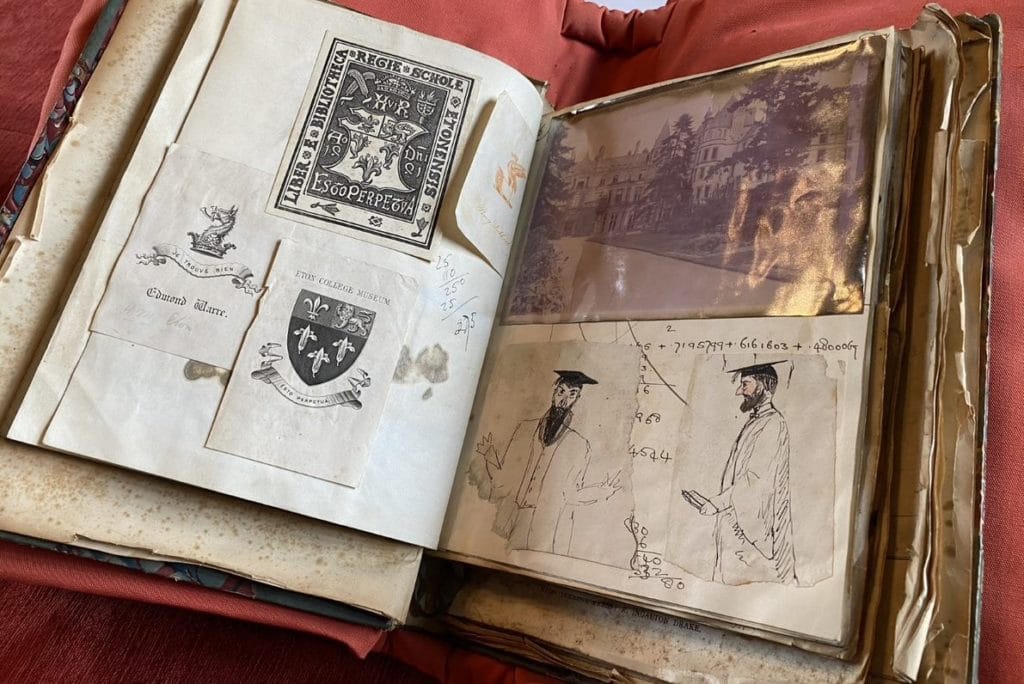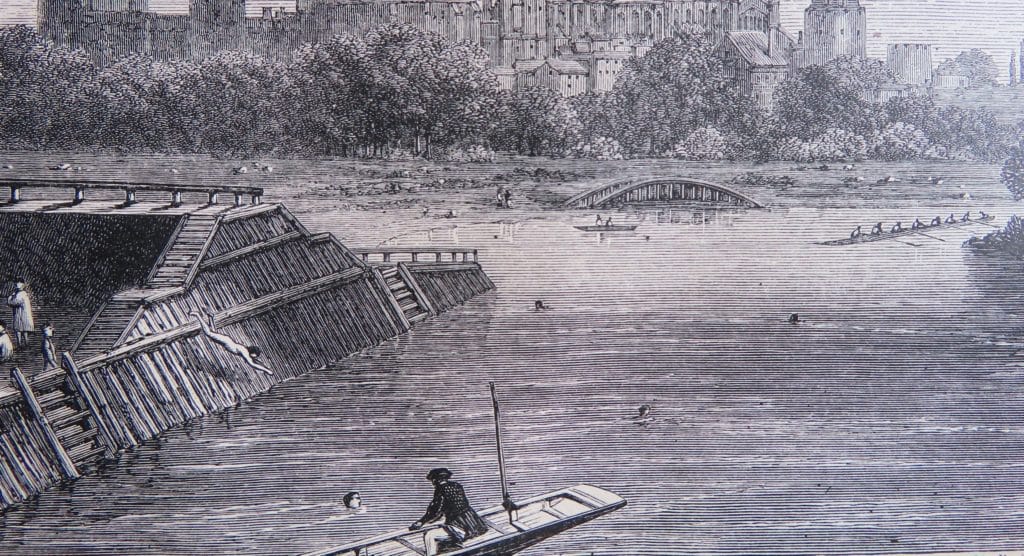Commemorating the bicentenary of two great Romantic poets
Between 2020 and 2022, the Keats-Shelley Memorial Association has hosted conferences, exhibitions, and online events to mark 200 years since the deaths of the Romantic poets John Keats and Percy Bysshe Shelley. On June 11th, we welcomed the Association for an event exploring Shelley’s own time at Eton, with a special exhibition of items drawn from the College Collections. In this blog post, we’re showcasing some highlights and favourites from the day. (Clicking on an image opens it in full-size in a new tab.)
Head Master’s Entrance Book, March 1802 to September 1809
SCH HM 01 02
Shelley’s signature (fourth entry on right-hand page) marks his arrival at Eton as a King’s Scholar on the 29th of June 1804. The College Archives contain the entrance registers of King’s Scholars from 1690, and the Head Master’s Entrance Books (of both King’s Scholars and Oppidans) from 1792. Additionally, printed registers as far back as 1440 have been digitised and are viewable on our Digital Collections platform, here.
Gradus ad Parnassum: sive novus synonymorum, epithetorum, versuum ac phrasium poeticarum, London, 1802
Kl.4.18
Shelley’s copy of the standard Latin thesaurus of synonyms, verses, and useful phrases. The book’s title, ‘Steps to Parnassus’, refers rhetorically to Mount Parnassus in Greece, to whose lofty heights the young learner of Classical languages could aspire. While at Eton, Shelley inscribed his copy twice, on the upper cover and on the title-page (shown here).
Euripides, Joseph Barnes (editor), Euripidis tragoediæ viginti, Oxford, 1811-1812 [3 vols.]
Kl.4.19(01) – Kl.4.22(02)
Shelley’s copy, in which he inscribed the following verses:
An archer stood upon the Tower of Babel
And bent his bow against the rising moon
There sate the brother of the murdered Abel
And grinned a wicked smile upon the loon
Under his arm, bound with bloody cable
The [?thong] …
[Transcription thanks to Michael O’Neill who plausibly suggests these lines were written in 1820—mere months before Shelley drafted the final stanza of Adonais.]
Marianne Leigh-Hunt, Bust of Percy Bysshe Shelley [painted plaster on wooden base]
FDA-Sc.1-2017
One of three busts of Shelley in the College Collections, alongside a second Leigh-Hunt bust in plaster and one in marble by William Wetmore Story [FDA-Sc.81-2017]. Despite being sculpted from memory fourteen years after Shelley’s death, Leigh-Hunt’s portrait is regarded as an accurate representation of the poet. However, it was rejected for the poet’s grave in Rome for being ‘unflattering’, later given to Robert Browning by Thomas Carlyle, and eventually donated to Eton College in 1938.
Percy Bysshe Shelley, Remembrance [Trelawney manuscript], ?Pisa, ?1822
MS 767
Given by Shelley to Jane Williams, probably in 1822, and later published in Posthumous Poems under the title ‘A Lament’. Transcription of the first stanza:
Swifter far than summer’s flight,
Swifter far than happy night,
Swifter far than youth’s delight,
Art thou come and gone—
As the earth when leaves are dead,
As the night when sleep is sped—
As the heart when joy is fled
I am left alone,—alone—
Locks of Percy Bysshe Shelley and Mary Shelley’s hair
Ky.4
The note above the locks reads: “Mr & Mrs Shelley’s hair, given to me by Mrs Leigh Hunt (This was written by my dear mother, Mary Sabilla Novello.) M.C.C.” The initials ‘M.C.C.’ stand for Mary Cowden Clarke, whose husband Charles was a schoolmate of John Keats, with whom the Novello and Hunt families were also close friends. Curiously, the Shelleys’ locks are not the only specimens of hair in the College Collections: Isaac Newton, Queen Victoria, and Florence Nightingale are just a few famous follicles found in College Library!
“Thou hast thy music too”—what about Keats?
Worry not, Keatsians: we also displayed first editions of Keats’ first and last books (Poems, 1817; Lamia, Isabella, The eve of St. Agnes etc., 1820), and a plaster cast of the poet’s death mask, among many other items. But these are for another blog post, so stay tuned…
Cover image: Joseph Severn, Shelley composing ‘Prometheus Unbound’ in the Baths of Caracalla, 1844-5 [Loan of Lord Abinger]


